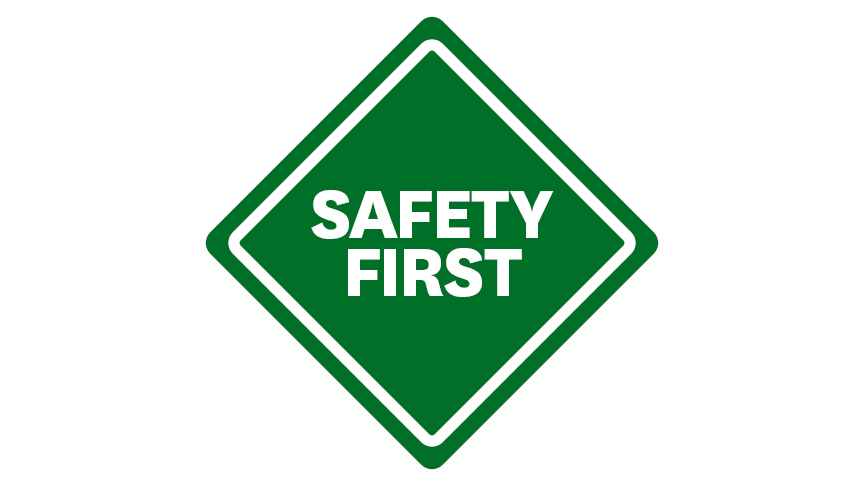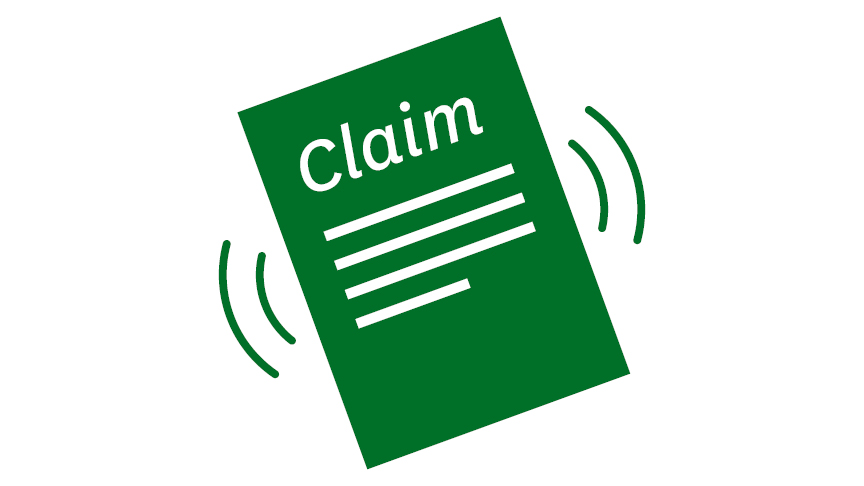Important information to prepare for disasters, the recovery response and staying safe.
FMG was formed in 1905 by farmers for farmers. During this time, we’ve seen our fair share of disasters. We have the experience and expertise to support our clients and get them back up and running after disaster strikes.
Safety first
Your safety is the priority. If snow is heading your way, MetService will (in most cases) issue weather updates and warnings for areas at risk. If there is an alert in your area, it is best to stay informed and follow advice from local authorities and Civil Defence.
If snow is heading your way, there are some easy ways to reduce your risk of damage and loss:
- Do not travel unless absolutely necessary. If you are driving and it begins snowing, reduce your speed. If it is unsafe to drive, pull over safely and wait until the snow clears, or the roading team arrive to clear the road. Only continue driving if it is safe to do so.
- Move your vehicles into a garage or under cover if you can.
- Move items indoors if possible or cover them if they remain outside.
- Move stock/animals into shelter if possible.

Make a claim
The easiest and quickest way to start your claim is via FMG Connect. Alternatively, you can call our Specialist Claims Team on 0800 366 466. Once we have received your claim, we will be in touch to provide further information and to clarify the next steps.
In a disaster, we may see a high influx of claims and longer wait times on our phones. In this scenario, we will prioritise clients who are vulnerable or cannot return to their homes.

Claim guide
Need support urgently?
If you need urgent assistance, your house is unliveable or you are experiencing vulnerability, please let us know so we can prioritise your claim. Depending on your policies with FMG, you may be eligible for a Temporary Accommodation benefit which could assist you with living elsewhere.
Check FMG Connect or your policy documents and get in touch to see how we can support you.
Frequently asked questions
General*
-
A large event can have a huge impact on not only our team, but assessors and tradespeople in your area. We will always endeavour to complete your claim as fast as possible, but it may take longer than normal.
Those who are vulnerable or whose house is unliveable will be prioritised, alongside those who are in highly impacted areas.
Our aim is to get you back on your feet and up and running as fast as possible.
-
An excess is the amount you pay towards your claim. Depending on how we settle your claim, excess payment options can vary. If you are getting repairs done, you may need to pay your excess to the repairer or supplier. If we cash settle your claim, the excess will be deducted off the total amount you are paid. To find your excess amounts, check your policy certificate.
-
In a large event, you may need to lodge multiple claims across your different policies. In this case you will pay only one excess (whichever one is the highest).
We will discuss the specifics of your claims and potential excesses with you, as every claim is different.
*This information is not intended to replace your policy wording, so please remember to check your policy documents or talk to us if you are unsure.
House
-
Once you have lodged your claim and local authorities have deemed it safe to re-enter the area, we can get started.
We will appoint an assessor to your claim who will either assess the damage on site or remotely, and will agree with you on the scope of the claim and an approximate cost to repair it, otherwise known as a “Scope of Works”.
Once this step is complete, we will discuss your claim settlement options with you.
-
You can complete temporary repairs to make your home weather-tight or safe, such as repairs to your roof, but please take photos before you do. Contact us before you engage any tradespeople or complete any non-urgent repairs on your property.
-
If a snow event has occurred, you may find that your spouting has been damaged. If this occurs and it is safe to do so, attempt to wash out your spouting first to try and break up any snow/ice that may be stuck within the pipes. If you are wanting to remove your spouting, ensure you take as many photos of the damage before doing so as this is required for your claim.
Vehicles
-
Once you have lodged your claim, we will refer you to an assessor or local repairer who will view, photograph, and assess the damage and work out the scope and cost of repairs. We then review this assessment and decide if your vehicle is economic to repair or not.
Once this step is complete, we will then discuss settlement options with you.
-
If your vehicle is badly damaged or if water has entered your vehicle, do not drive it.
Vehicles affected by water damage can be extremely dangerous, as they can lose function suddenly or their airbags can deploy with no warning. Please advise us immediately if your vehicle is badly damaged or water damaged.
Depending on the severity of the damage we may arrange a tow for your vehicle, so you do not have to drive your vehicle to the repairer for assessment. Please do not drive your vehicle until it has been given the all-clear by a repairer.
-
If your vehicle is being towed, ensure you remove any personal items from the vehicle if it is safe to do so.
If your contents policy is with FMG, we can discuss cover for any items that were damaged whilst inside your vehicle. Please note these on your Loss Schedule. Please ensure you lock your vehicle with no keys inside; the towing team will be in touch with you to pick these up instead.
Farm Buildings
-
Once you have lodged your claim, we will determine if an assessor is required to assess the damage on site or remotely, or if the claims handler is able to manage your claim using photographs of the damage and repair quotes.
We will then reach an agreement with you on the scope of the claim and an approximate cost to repair it, otherwise known as a “Scope of Works”. Once this step is complete, we will discuss your claim settlement options with you.
-
If you have sustained damage to your farm building (e.g. your dairy shed) and are unable to continue with your farming operations, you may be covered for financial loss such as income, rent or increased costs of working due to this loss.
There are various policies that can help depending on your financial loss, such as Business Interruption and Farm Contents, so contact us to discuss which of your policies may be able to help.
Commercial Buildings
-
Once you have lodged your claim and local authorities have deemed it safe to re-enter the area, we will determine if an assessor is required to assess the damage on site or remotely, or if the claims handler is able to manage your claim using photographs of the damage and repair quotes.
We will then reach an agreement with you on the scope of the claim and an approximate cost to repair it, otherwise known as a “Scope of Works”.
Once this step is complete, we will discuss your claim settlement options with you.
-
Business Interruption insurance covers certain types of financial losses and increased costs of working that result from insured damage to your building.
You must have a Business Interruption policy in place to lodge a claim. To see if you have selected this cover, please refer to your policy certificate or FMG Connect, or contact us directly for more information.
Livestock*
-
Collecting as much information as you can regarding your stock is important. It can be very distressing dealing with stock loss, however there is further information we require to assist your claim:
- Photos of stock carcasses,
- Cause of death (vet),
- Valuations of stock (stock agent),
- Quotations for stock (stock agent),
- If you have high value animals that you have lost, receipts of purchase/sales slips can assist with substantiating the value of the animals, and
- Stock reconciliations from your accountant can also be helpful to determine the number of stock unaccounted for.
-
After collating the information required for your claim, you can consult with your regional council to ensure you dispose of these animals within the council guidelines.
See DairyNZ for useful information on dead stock disposal.
-
You are not covered for the recovery of your livestock or assistance to save your livestock under FMG’s livestock policy wording. Exposure is not part of the policy, so it is best to listen to advice from MetService and Civil Defence and move stock to safer ground if possible before an event occurs.
*Your livestock must be individually specified on your Livestock Policy certificate to be insured for death caused by snow.
The first step is to follow the instructions and advice from the Civil Defence, NZ Government, and your regional council. Your safety is the priority, so please do not put yourself at risk by assisting your stock while an event is occurring.
If you have purchased the “Post Shearing Mortality” benefit under your livestock policy, your sheep are insured for accidental death during the period of insurance as a direct result of weather exposure in the 14 days immediately after shearing.
The death must be caused by exposure to rain, low temperature or smothering as a direct result of this exposure.
Orchard Fruit
-
There is no cover for snow damage to Orchard Fruit under any FMG policy.
Crop
-
There is no cover for snow damage to growing crops under any FMG policy.